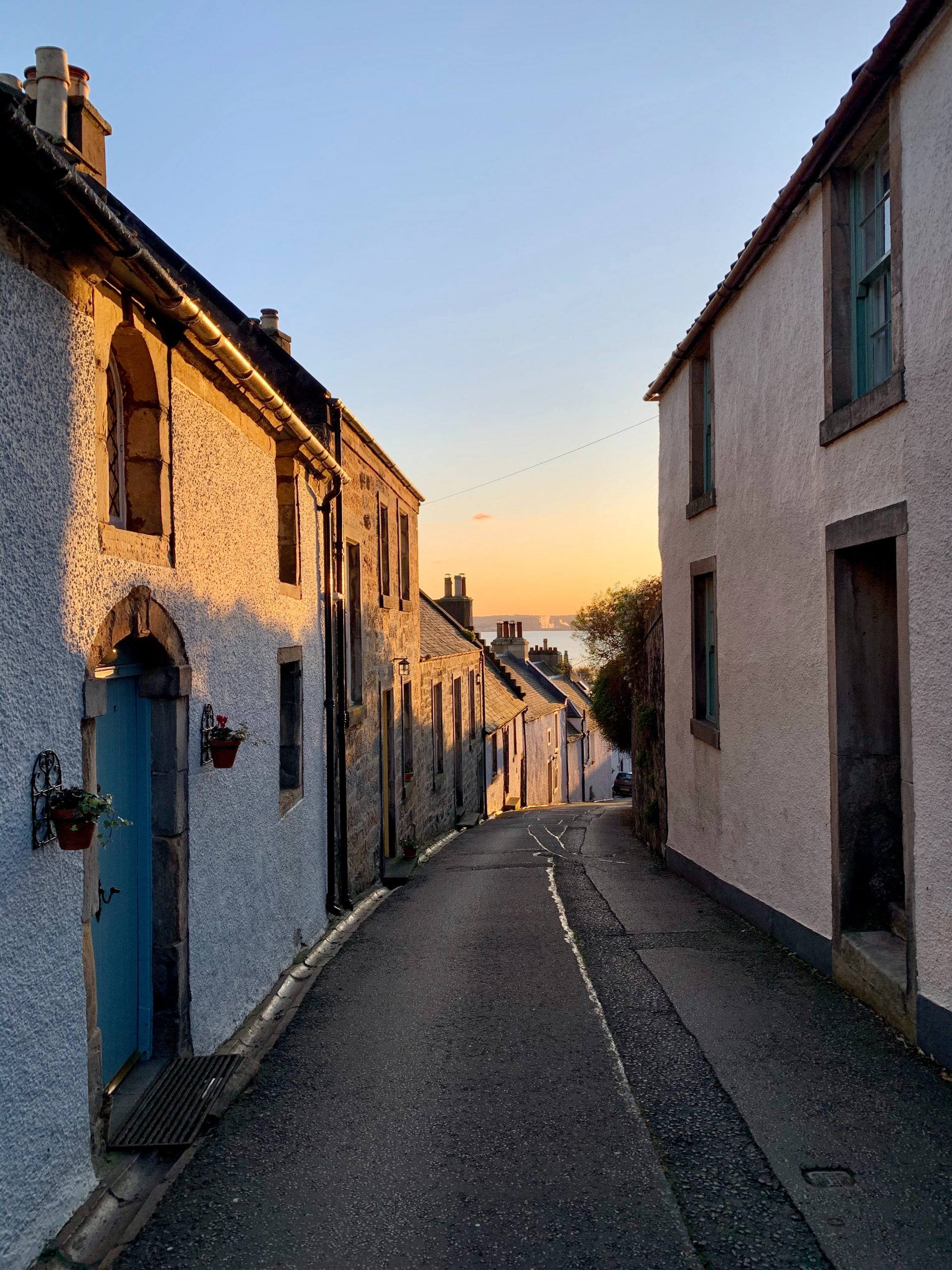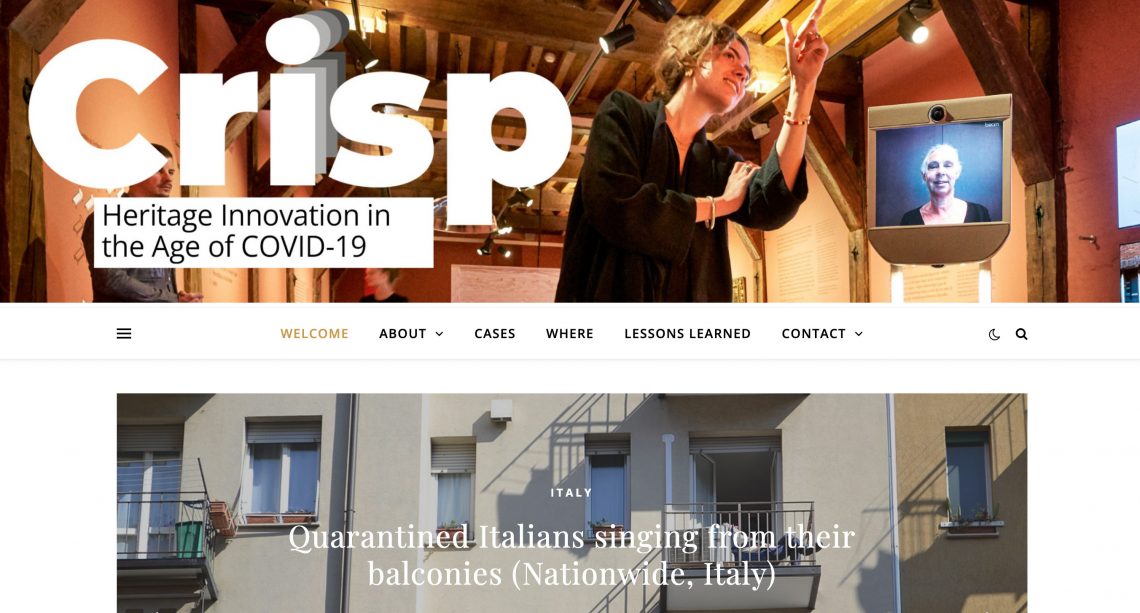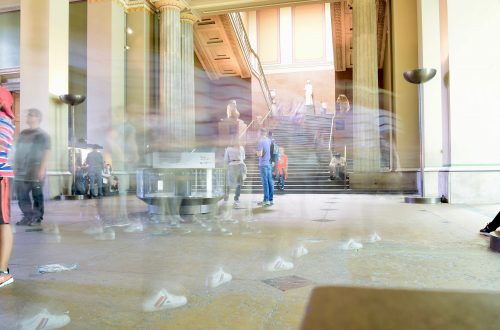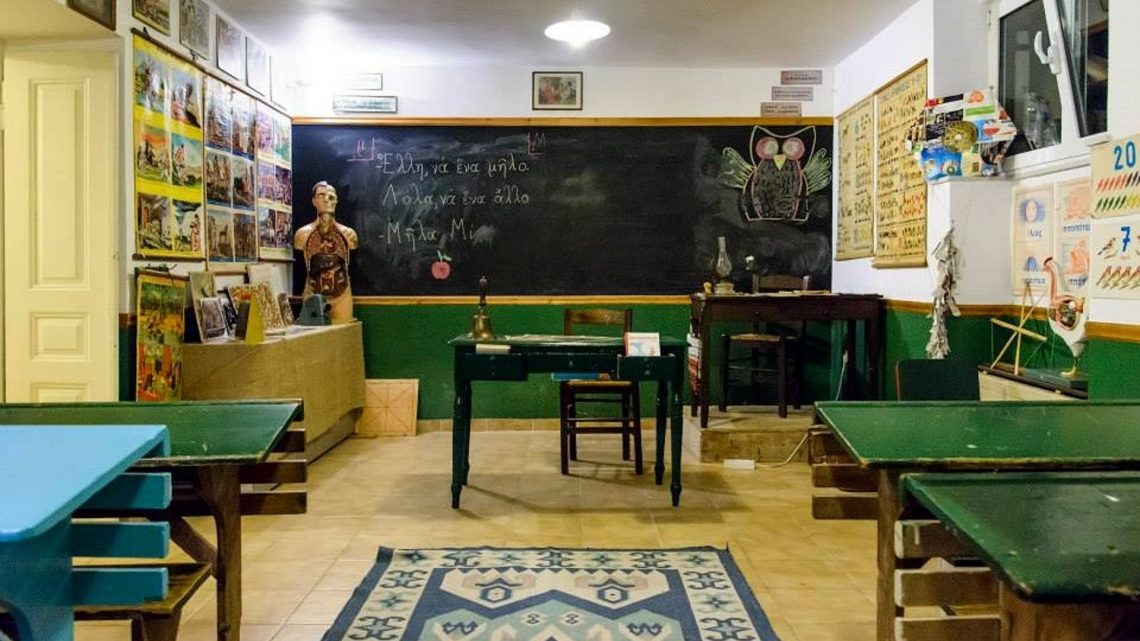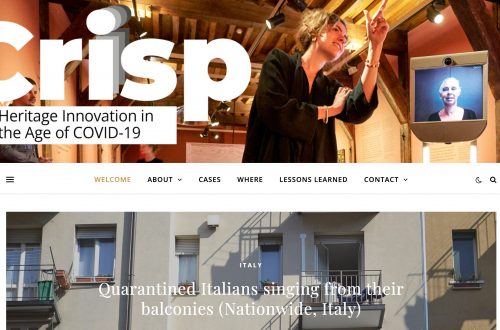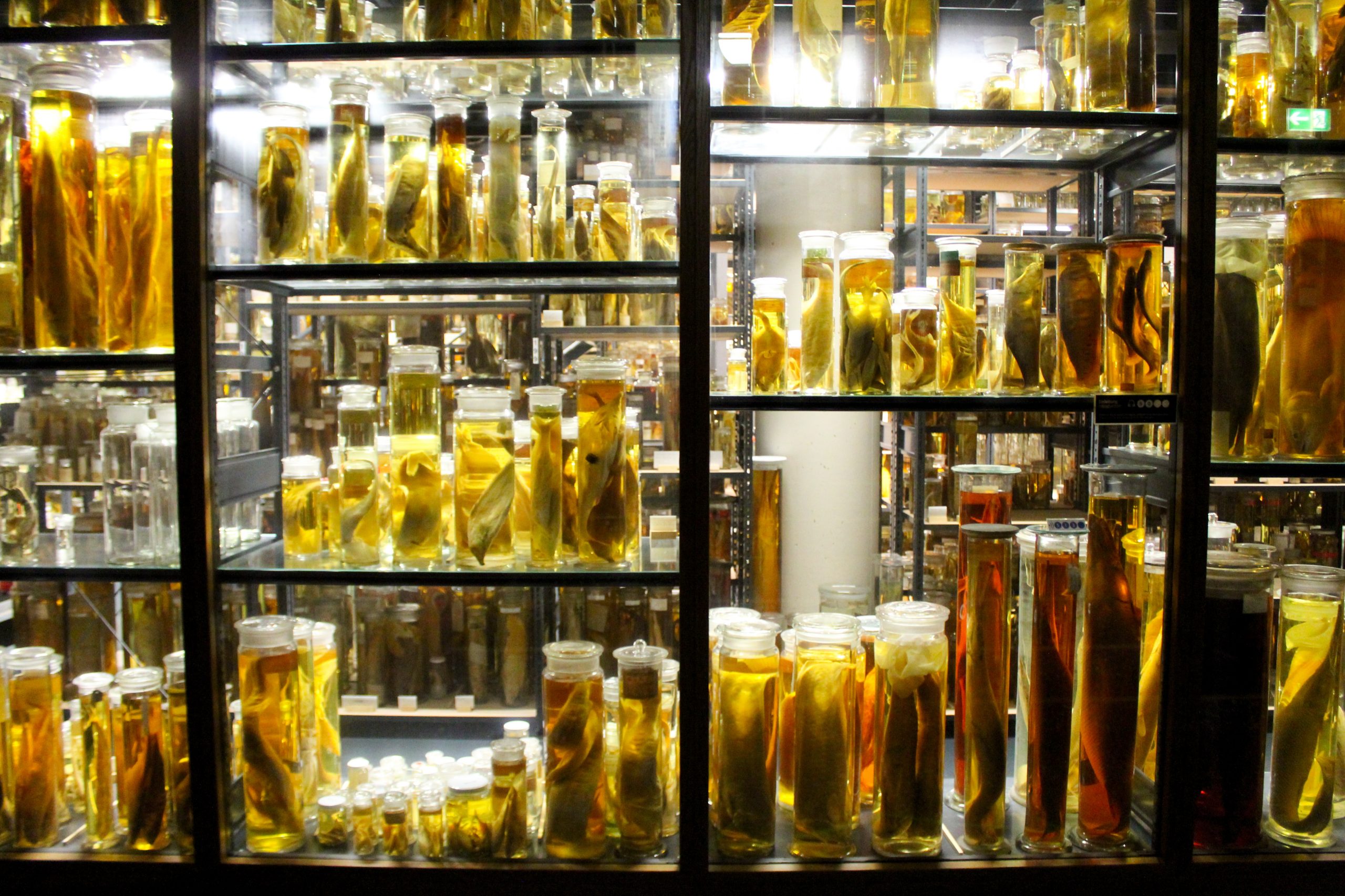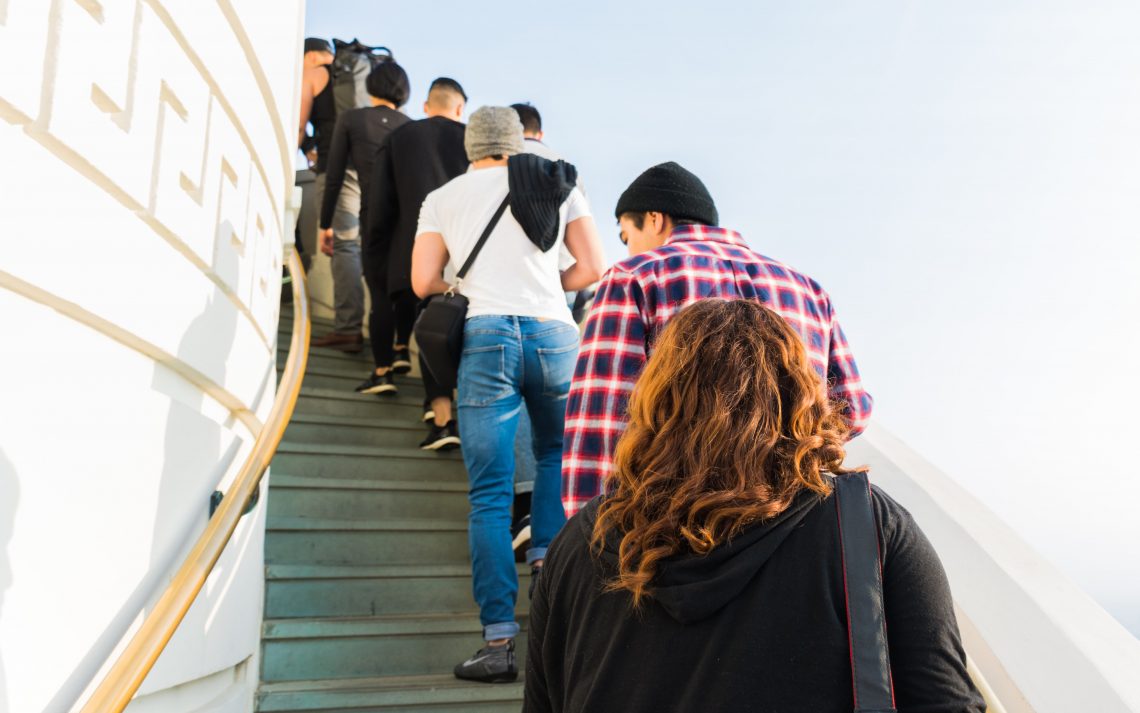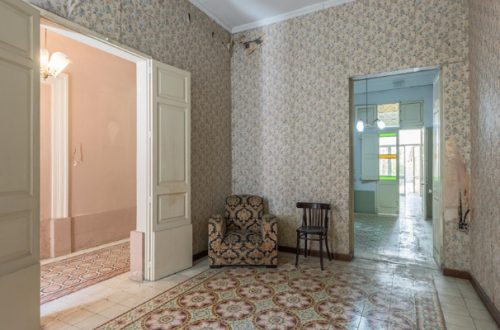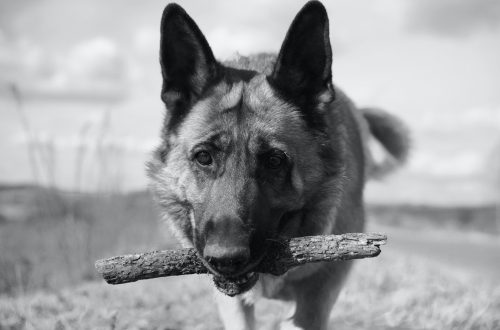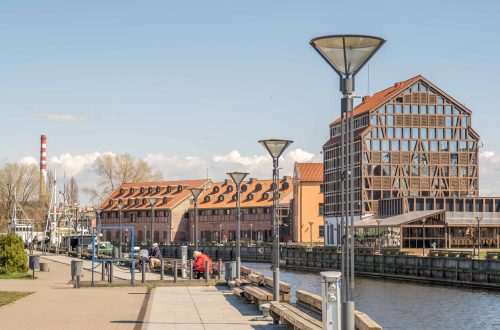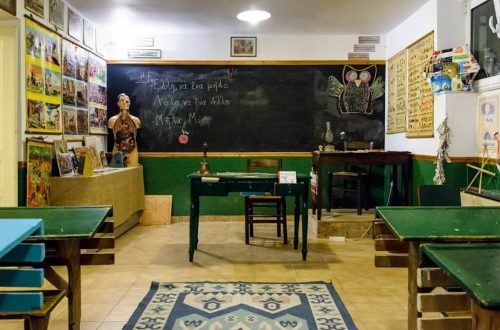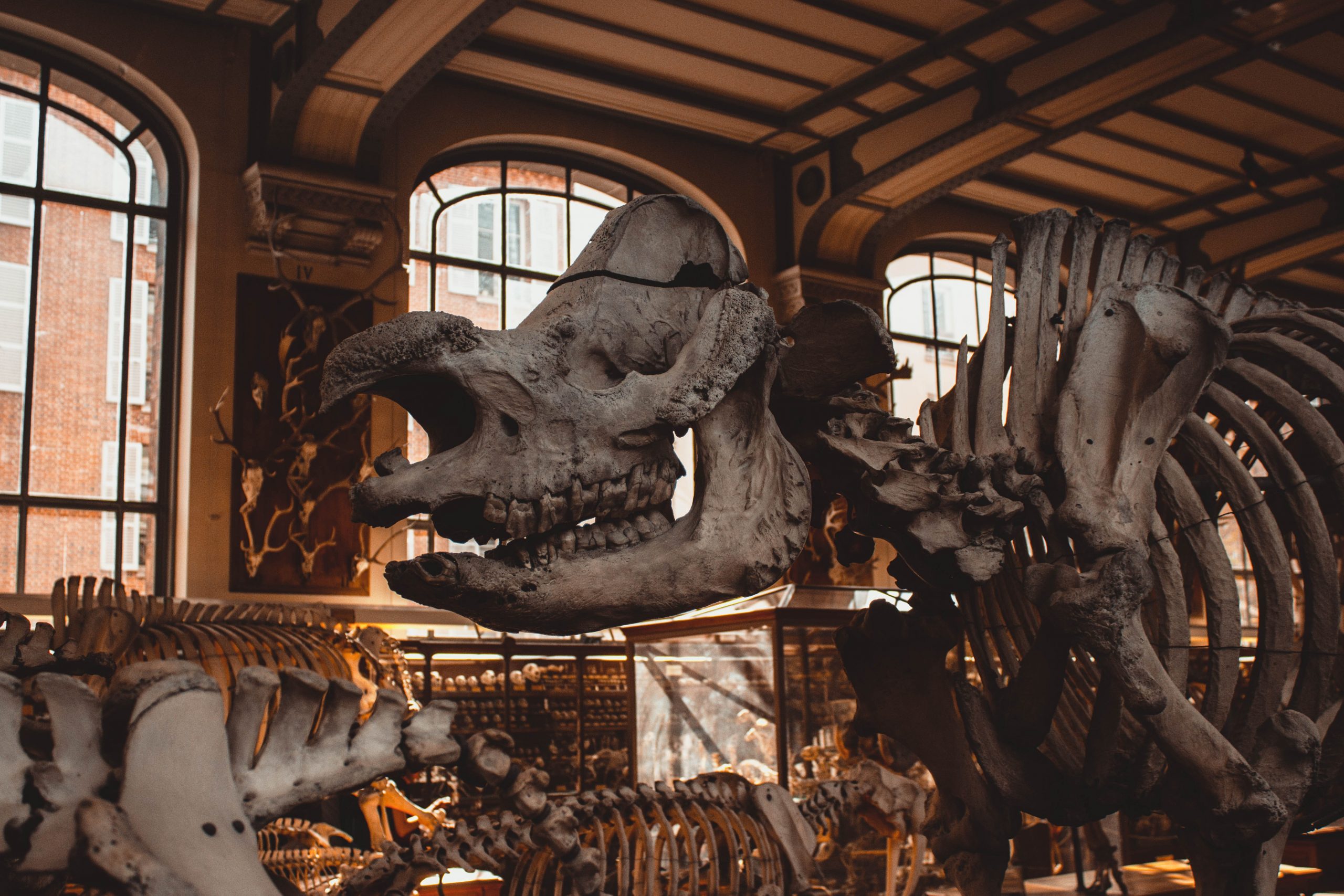Project
-
Preserving post-WW2 interior design traditions. Quiosq leads the new European Revintage project
Fairly recent European interiors are rapidly disappearing due to fashion-driven rigorous renewal driven by globalization and a lacking sense of cultural continuity. This is especially true for interiors of the post-WW2 period, in particular the 1970s and 1980s. Not only does this threaten a sense of local ‘belonging’, but it also conflicts with a sound use of resources and an increasing awareness of sustainability. We have just been informed that funding for our Erasmus Plus project proposal Revintage, submitted by Quiosq has been approved. Revintage aims to understand the dynamics of 1970s and 1980s European interiors by looking into local case studies, uncovering a network of local stakeholders, and identifying…
-
CRISP is Live! Quiosq and partners present an sample of COVID-19 initiatives by heritage institutions
Six European heritage partners are proud to present the CRISP website: a collection of heritage best practices developed during the COVID-19 pandemic. CRISP (Creative Research on Innovative and Sustainable Practices to get adults back in contact with heritage) is an EU funded project. Partners from five European countries have selected and described 61 pioneering heritage projects for the benefit of heritage institutions, stakeholders, and enthusiasts. With this compilation of (socially) innovative heritage cases, we aim to enrich existing heritage programming, inspire new ones and strengthening networks within and outside of the heritage field.
-
The Cradle of Best Practices: a CRISP meeting in Athens
For the Erasmus-funded CRISP project, which aims to describe best practices of heritage projects during the COVID-19 period, we gathered with our international partners in Athens, where we enjoyed the hospitality of our Greek partner, the School Life and Education Museum.
-
The CRISP project: involving people with heritage
Due to the Corona crisis, almost all cultural heritage institutions have seen a huge decline in their visitor numbers; museums as well as galleries, archives, and libraries. This decline relates to all types of visitors and users, but especially to adults and in many cases, it amounts to 50% or more. Even after restrictions were lifted, audiences did not return immediately, and the expectations for the future are not very hopeful.
-
WAAT – A new platform for digital stories
We have signed the contract! From December 2020, Quiosq is participating in the Erasmus + project WAAT. WAAT is a project aimed at adult educators, and seeks to promote both the exchange of good practices and the development of new material to teach students about values of cultural heritage across different European countries.
-
He.Co
He.co was a project set up for the purpose of analyzing and sharing good practices for the development of strategies for the enhancement of local cultural heritage. In the Erasmus+ project He.Co (Hertitage Valorization for Small Local Communities, 2018-2020) Bob Crezee, representing the Reinwardt Academy, worked together with CIAPE (Italy), Plunge Library (Lithuania), VisMedNet Association (Malta) and the Education Centre Geoss (Slovenia). Photo by Céline Geeurickx on Unsplash
-
Biological Collections RUG
Following the move of the Groningen University (The Netherlands) Department of Biology to a new building, Van der Duin assessed and inventoried the hitherto unused historical collections of the deparment. With the objective of integrating the collections into those of the Groningen University Museum, an extensive collection plan was conceived, including criteria for extension and deaccessioning of objects from the collection. Photo by Savannah Wakefield on Unsplash
-
Museum History
A series of projects and publications detailing aspects of the history of various heritage institutions, both to profile aspects of their history, and to provide background material for future publications and marketing efforts. Photo by Mat Reding on Unsplash
-
Emphos
The objective of the Erasmus+ project EMPHOS was to develop the entrepreneurial skills and attitude of museum professionals and staff within cultural heritage organizations. After in-depth research, a framework was developed for cultural entrepreneurs in Europe containing general knowledge and skills. Emphos was carried out as a collaboration between the Reinwardt Academy (project leader Bob Crezee), Landschap Erfgoed Utrecht, Goldsmiths University, CIAPE and the University of Bologna. Photo by Michele Bitetto on Unsplash




